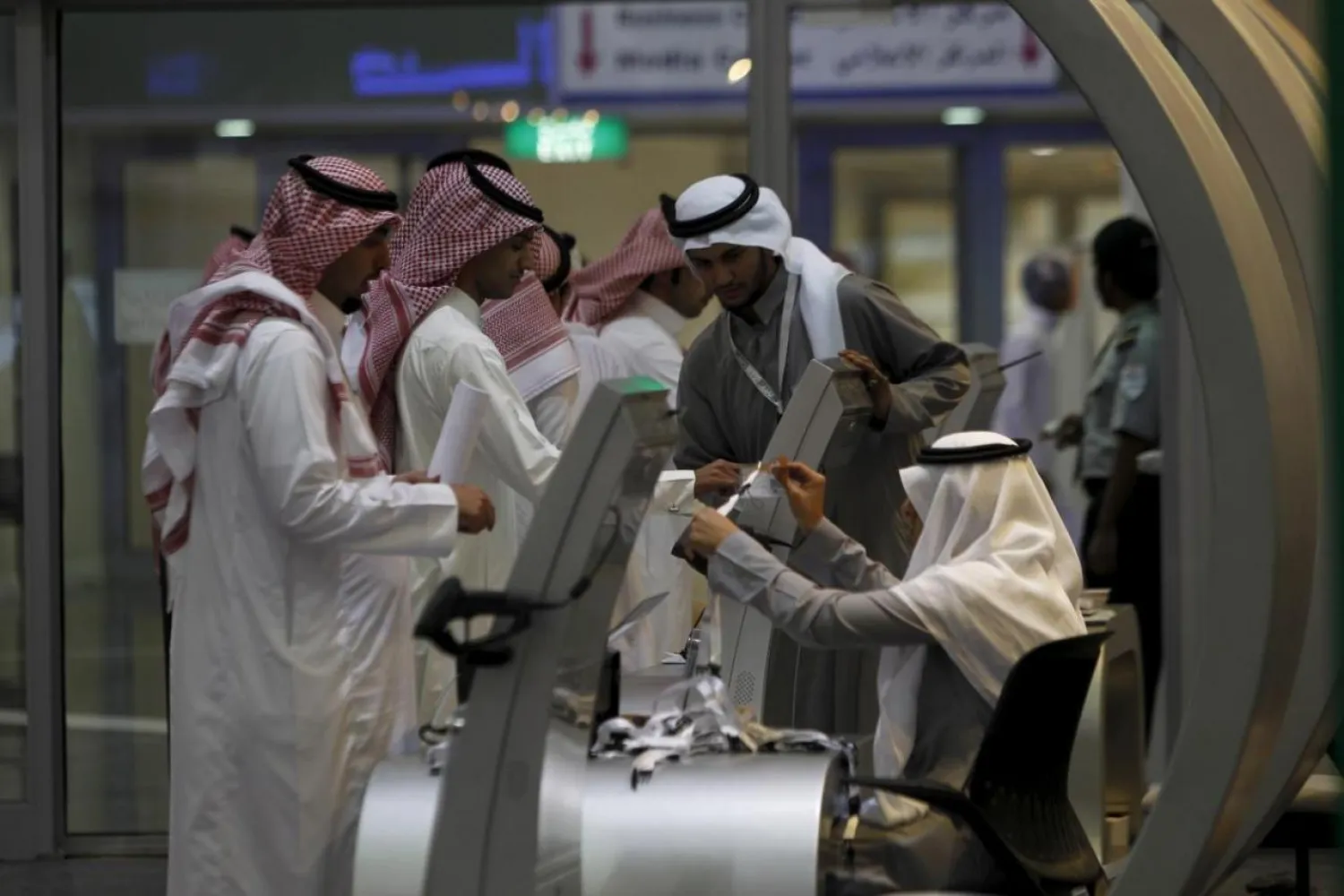A conference held in the Moroccan city of Marrakesh witnessed a series of discussions focused on the job-creating process in regional countries.
Creating job opportunities is vital in order to absorb the millions of young people entering the labor market in coming years, and is expected to be realized through utilizing new sources and reinforcing growth across sectors, and getting governments to be supportive of needed policies.
Held under the theme "Opportunity for All: Promoting Growth, Jobs, and Inclusiveness in the Arab World," the conference also focused on specific policies needed to gain new sources of growth.
The meeting was attended by Glowork founder Khalid Alkhudair, Director of Trade, World Bank Regional Integration and Investment Climate Caroline Freund, Careem General Manager - Emerging Markets Ibrahim Manna, and Moroccan Capital Markets Authority (AMMC) Chairperson Nezha Hayat.
Participants focused on how large-scale SME prosperity could be achieved. They also addressed education and training reform to prepare young people for employment in the private sector.
They agreed that growth has not been strong enough to reduce unemployment significantly, as 25 percent of young people in the region are jobless.
Protracted regional conflicts, low commodity prices, weak productivity and poor governance have been identified as main factors gelding back the considerable potential of the region.
In order to boost inclusive economic growth, the conference summarized the priorities of the path to be taken in Marrakesh Call for Action, which calls on governments to "Act Now" to pursue a set of actions or reforms.
These reforms promote accountability through increasing transparency and strengthening institutions to improve governance, tackling corruption and ensuring responsibility for inclusive policies.
The document urged for a more vibrant private sector through improved access to finance and a better business environment with fewer barriers and less red tape. It also called for leveraging technology and nurturing trade to generate new sources of growth, create jobs and foster prosperity.
It stressed the importance of building strong safety nets and strengthening legal rights to empower disadvantaged groups, including youth, women, rural populations and refugees.









